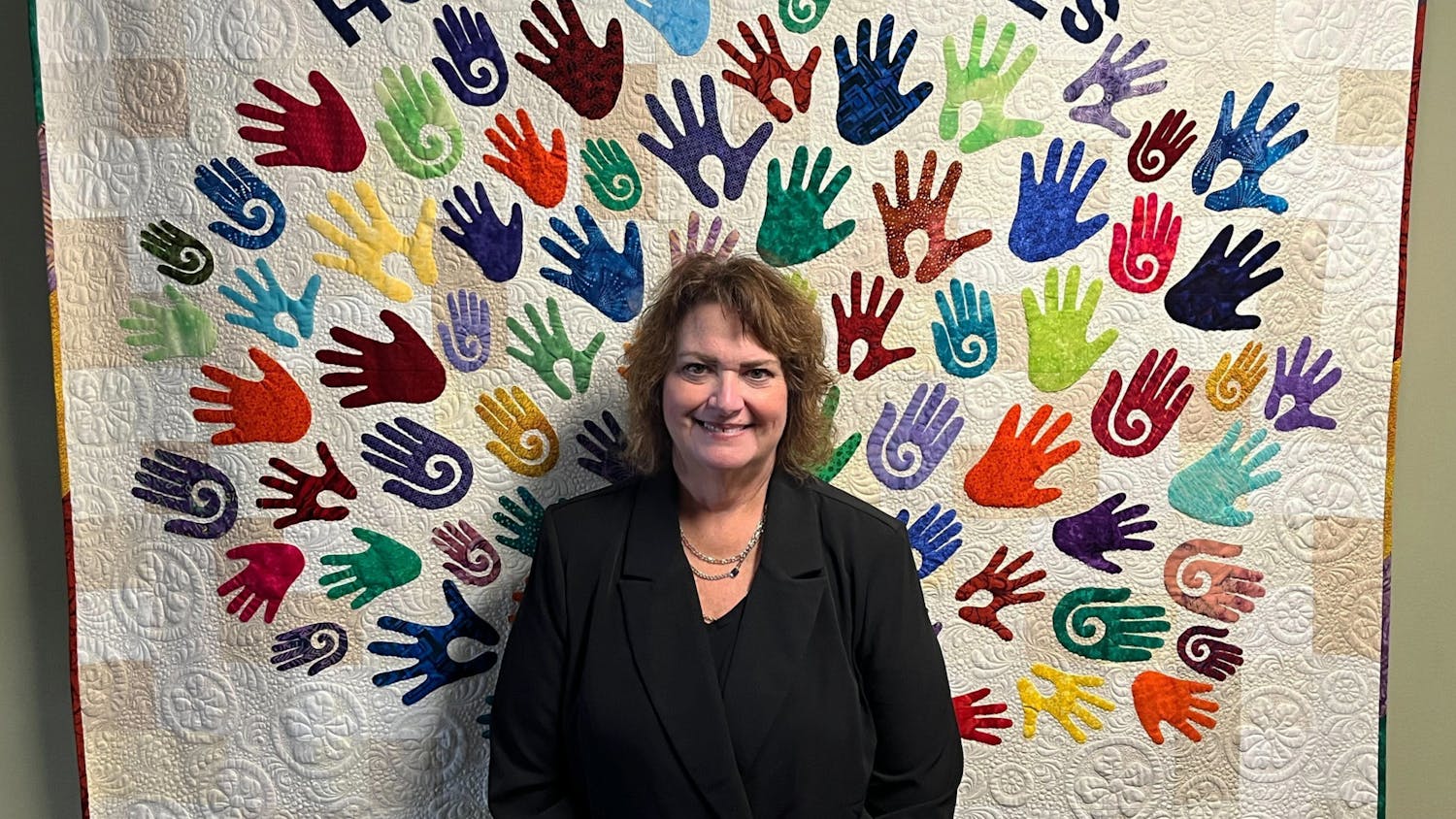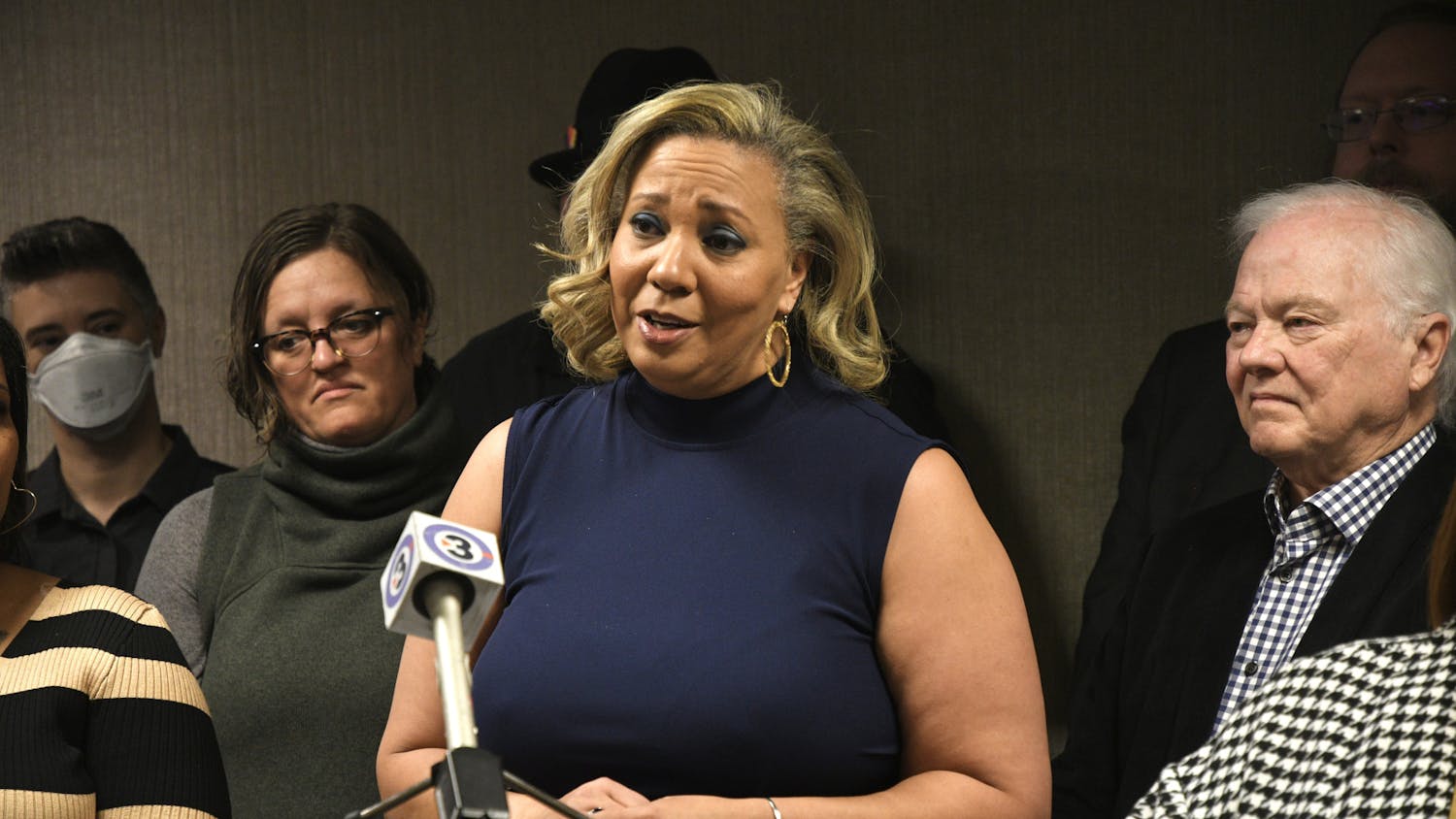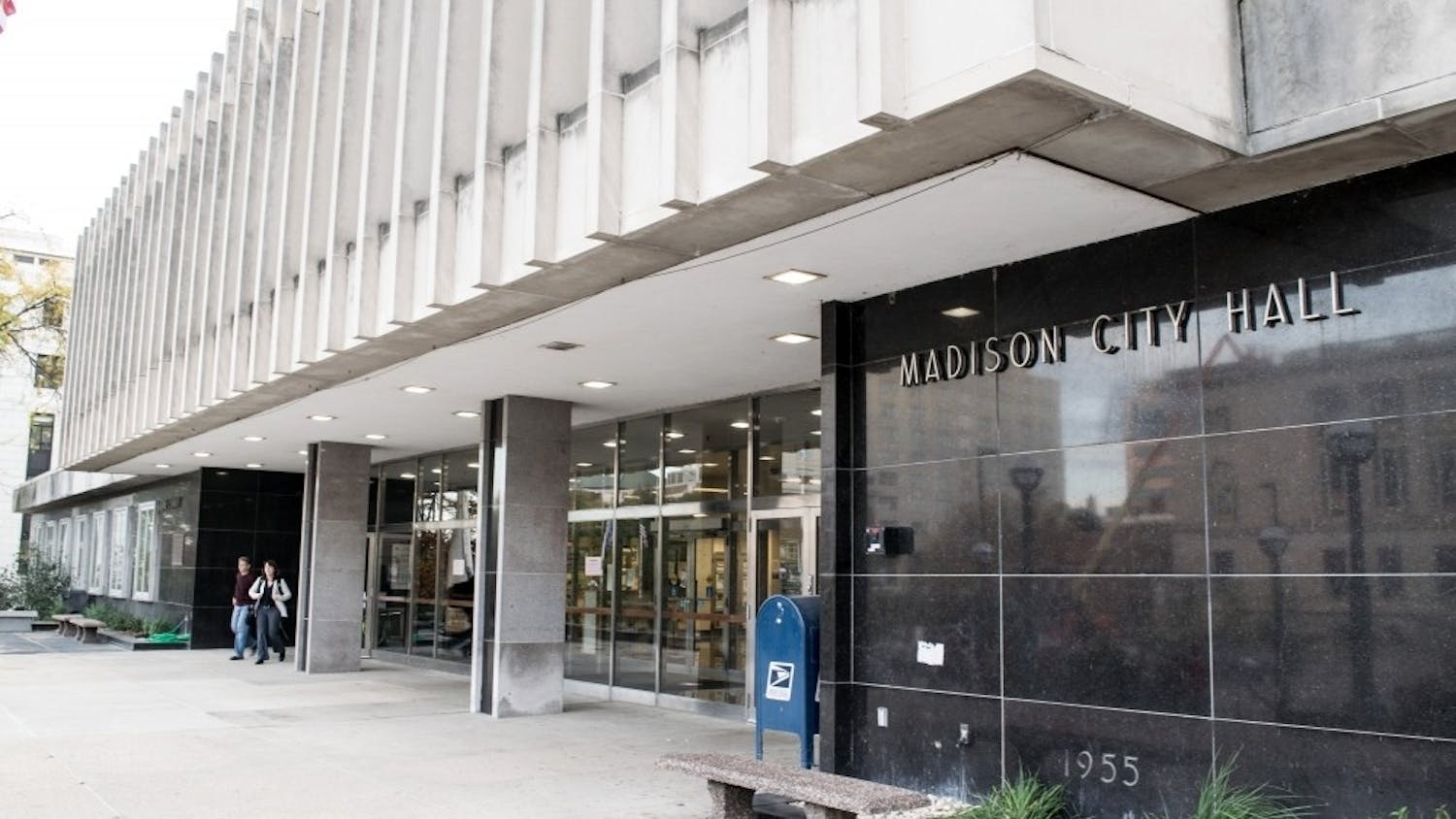Daniel Kaplan’s recording name, Lord of the Fly, may initially illicit some unsavory connotations. First of foremost is William Golding’s vicious 1954 “Lord of the Flies”—and maybe, in the throes of his self-titled single, Kaplan’s yelp of “Lord of the what, bitches?/Lord of the Fly” indeed stresses a demand of hierarchal restructuring, of reallocation of dominance in a scene as fresh and fertile as an uninhabited island. Then, there’s the monster at the heart of Golding’s novel, the literal Lord of the Flies; Beelzebub, the devil himself. And maybe that’s an accurate depiction of Kaplan’s character—not the split mouthed pig on a stick of the book, but something closer to Milton’s romantic Satan: the deviant, the naysayer or the ardent artist, completely dedicated to his craft.
Kaplan’s own take on his moniker is something much more succinate. “The idea of Lord of the Fly, right? That to me is like being in control of the things you think are cool or ideal, and in that sense it’s your ideals or your morals,” Kaplan intoned. “I guess it’s similar to the Buddhist idea of being in control of ‘want’ and not wanting thing… it’s knowing what you want and going for it.”
Kaplan, despite steadily becoming a centerpiece of the local arts scene, isn’t a Wisconsin native; born and raised in Chapel Hill, North Carolina—a town, in his regards, deeply similar to Madison due to the presence of University of North Carolina at Chapel Hill—he came to UW-Madison through the school’s First Wave Hip Hop and Urban Arts Learning Community program. His words for the city are largely glowing, especially for the subcultures around the area he himself played an integral role in developing.
“I came in … just an 18-year-old kid, especially just as a rapper who’d been getting people to email him beats and then record just, like, words over them. There are tons of musicians and producers [in Madison] who are willing to interface with me, and I felt like I was welcomed to the scene.”
As the interview went on, Kaplan’s thoughts always seemed to return to this notion of community and its importance in a place like Madison. Despite acknowledgement of the isolationist aspects of the city—he admitted he wasn’t much for going out, and being a fan of stripped down folk music, spoke considerable praise for the natural beauty of the area—our conversation never strayed far from the orbit of the artistic community and the social role of the individual. His assessment was often one of frustration with individual detachment and the splinter of hypocrisy that’s wedged under the city’s idyllic veneer.
“There’s that perception of [Madison] as a liberal place … I’ve seen where that perception comes from, but I’ve also seen a lot in Madison that I don’t like. I think that’s what’s really interesting is that Madison is this iconic music place, and I can definitely identify with that, but there’s also a lot of race and inequity issues here and some hella douchy people.”
Immediately, I thought of the split between the protestors and the library dwellers during the Ferguson Protest Die-In last semester. I told Kaplan as much, and he elaborated. “There’s the attitude of the student body, which is ‘I’m gonna go here, I’m gonna graduate, I’m gonna get a job and I don’t really have any responsibility to the community in which I go to college in’ and stuff like that, and then ‘I don’t have a responsibility to society to care about the other people who comprise our society.’”
“And then I think there’s also, which is a little less reported on, on like an institutional and systematic level,” he continued. “The ‘Race to Equity’ report, which compares racial inequity in Madison and other areas, found that 75 percent of children, of black children, are under the poverty line [in Dane County] … [Madison] is the best of the UW system, and people here aren’t even acknowledging the problems that exist in their community where they go to school.”
Despite his hang-ups, though, Kaplan still finds plenty of merit in the community, particularly through the network he has established through his Catch Wreck collective. Founded by Kaplan—ever the entrepreneur—the group now includes similar visionaries from First Wave and the Madison student body, notably local stars CRASHprez and *hitmayng as well as others like Coby Ashpis and Aaron Granat.
“It’s not like you’re in L.A. or something,” said Kaplan. “Where people are like ‘I need to get signed, I need to get a deal!’ so they’re not really willing to work with you cause they’re worried about ‘Am I gonna get credit so I can get royalties and licensing?’ whereas everyone here is focused on getting better as an artist.”
Fittingly, in Kaplan’s estimation the closest Madison has come to its artistic potential was a house show thrown in Fall 2014 hosted by, and featuring, members of Catch Wreck. Dubbed Wreckfest—which Kaplan mentioned, hush hush, was entirely his idea—the concert saw a cabal of cooks making pancakes for attendees while the members of the collective played in an adjacent room.
“It felt like a community there,” Kaplan said. “it wasn’t as much like I was trying to promote to people to come out to my show as much as we threw a big party and everyone came, and it was crazy. It was easily the best.”
If the predominate interest of Catch Wreck is self-improvement, then Kaplan is just as interested in paying his dues to his fellow collective members as he is learning from them himself. “To me music isn’t a meritocracy. You don’t get rewarded for how, you know, good your music is. I feel like a lot of the producers I work with are more talented than me, but it just so happens our culture has a demand for, like, rappers and entertainment… So I see these people who are more skilled than me, and I can learn from them, and give them a platform in exchange to get the respect they deserve.”
Here again his ideas of communal obligation cropped up. Kaplan was dedicated to the idea, it seemed—something that bled beyond his limits as an artist and into the realm of a social servant. When asked about his situation as a white rapper in a subculture traditionally (and stereotypically) occupied by people of color, Kaplan pensively noted, “There are lots of things, for instance the inequity in Dane County, that I’m aware of and that I want to speak out about, but I know it’s important that I’m not the one… Then people, little kids who are just establishing a world view of what people can be good and what people can be bad and stuff are going to just associate that with me, and it’s not really my fight.”
Kaplan continued, “I think my personal narrative is important just as an individual and also as a white person… it’s important to talk about what I see because I have a different perspective… Maybe people of color won’t hear how often white people say the n-word while they’re not there, but like, I do. So I can understand that, and I can then represent that how I want to.”
“But,” he concluded, “as a white rapper, my purpose is to help the people around me pursue their passion, be in control of what they want. Be lord of their flies.”
Kaplan’s investment in the cultural atmosphere around him was both shocking and refreshing—it came across as earnest and sincere in a way few other artists could, not for want of trying—but he was just as eager to discuss his new project as he was social justice.
“This past semester, I’ve been working with playing with a live band, recording with a live band, stuff like that,” he said, visibly excited. “I have a project I’m looking to put out probably this summer… that’s really going to establish my sound as something that is that mix of rural and urban and folk music and also, like, kind of orchestral music with modern day hip-hop to form sort of a new genre and a new sound.”
“I’m really, more than anything, looking forward to seeing the kind of growth that me, my friends and the community around me have underwent, and now, the power we have from that growth, using that to make something really strong.”
When I asked for closing remarks, Kaplan’s again addressed Madison and beyond at large, his pervasive optimism glowing through earlier thunderclouds. “I just really hope that everyone reading this takes the time to think about the person that they’re becoming today. I just want to say, your identity is just as much rooted in the future as it is in the past, you can still grow into the person that can make the change… So I’m just hoping that everyone can really focus on their vision, and understand that you’re capable of learning or growing to make that vision a reality.”
Read the full interview here.






